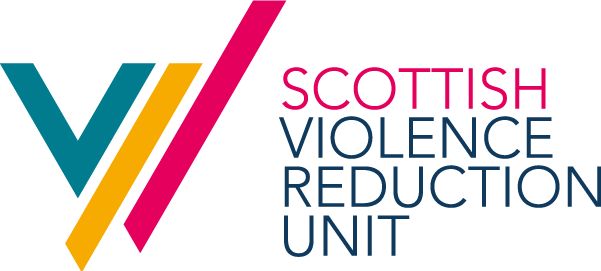Even though we’re ‘socially distancing’ due to the current COVID-19 pandemic, the SVRU family
are keen to stay ‘emotionally connected’ with our communities. This in mind we’d like to share
some information on how we can start to understand, as a community, what we are all facing
whilst remembering the wise words of Mother Theresa; ‘We all belong to each other’.
This piece offers advice and psychoeducation around a huge emotion we may all be feeling, or which
may appear down the line during this global crisis which is the very important but often
misunderstood and misinterpreted emotion; Anger.
We want to start by dispelling the myth that anger is a bad or negative emotion. It is not. Anger is a
human response to many experiences; an injustice, a breakdown in communication, a disconnection,
a fearful experience, facing the unknown – all sound familiar currently? The list could go on. Anger is
as important as every emotion we feel, yet we’re either afraid of it, we try to avoid it or we let it
control us.
Anger is important, but it is challenging.
Let’s take a closer look at anger as an emotion, and try to understand it a little more, before we
judge it so harshly. “I use the ‘iceberg model’ when discussing anger and trying to understand my
own anger” says Kirsty. This tool is also extremely useful in the current situation we’re in all, in trying
when looking to connect with and understand yourself, your children and any family member or
colleague who is feeling angry and struggling with this challenging emotion.
What does an iceberg, have to do with feeling angry?
The interesting thing about icebergs, is that only 10% of an iceberg can be seen from above the
surface of the water, the other 90% is in fact hidden underneath the surface. Much like the feeling of
anger.
As we can see from Image 1, when we experience anger, this is usually only around 10% of the
emotions we are actually experiencing. This is why we call anger a ‘secondary emotion’. Anger is the
emotion we show and can take control of our behaviour, but what we are really feeling and
responding too is normally hurt, fear, disappointment or sadness. This list can go on.
It’s crucial we delve deeper into our current experiences of anger and our response to it. We all have
a responsibility to role-model to our staff team, friends, family members and crucially, the next
generation; our children and the young people in our communities. We must role model and help
others to understand anger, and to respond to it in a safe way which does not include hurting
themselves or others. In fact, the most important person we should focus on understanding anger, is
for ourselves. We have a duty first and foremost with ourselves, to look deeper into this challenging
emotion and how we respond to it within ourselves. Only by understanding ourselves, can we begin
to spread the more compassionate and helpful message of why we all might feel angry in our current
national and global situation, and most importantly, acknowledging and responding to it safely.

website:https://www.bing.com/images/search?view=detailV2&ccid=Asb8%2fgJ0&id=89EA0039D9D179196EEAC8D3BBDC0FB0E20D2B27
&thid=OIP.Asb8_gJ0BXNba1hAIM0xMAHaNL&mediaurl=https%3a%2f%2fi.pinimg.com%2foriginals%2f67%2f53%2fbc%2f6753bcf9693203
64964521da006654a3.jpg&exph=1334&expw=750&q=iceberg+anger&simid=608023865224202492&selectedIndex=9&ajaxhist=0)
So, what now?
Considering the current crisis, we have all found ourselves in, whether you are a parent or not we
would urge you to spend some time reflecting on this emotion. Take your pens and a piece of paper
and draw your very own iceberg.
You don’t need to be Picasso, and you don’t need to frame it afterwards although some families
have, and we wholeheartedly approve! Take a few moments out of your day to be curious about
your misunderstood but crucial emotion of anger. Maybe do this as a family with everyone drawing
their own icebergs. Children especially, who are angry at being isolated, missing friends and losing
routines. We must allow ourselves, our loved ones and our communities to understand anger and to
respond to the other deeper emotions which are truly guiding us, and of which anger is the
behavioural response. Remember, its ok to feel angry, but it’s not ok to use it to hurt yourselves,
your loved ones, or anyone else.
Check out this information sheet which provides some useful ways to look deeper into your anger
and to become a little more curious and compassionate towards both yourself, and others.
https://www.getselfhelp.co.uk/docs/AngerQR.pdf
And remember, we are all in this together and we cannot take the unity out of community. We at
the SVRU are here to support our Scottish communities and although we cannot physically join
hands at the moment, know that we are beside you and we are here to help and support you
during this unprecedented and very difficult time.
With Love,
The SVRU Team.

